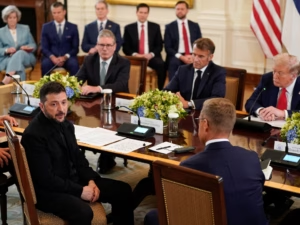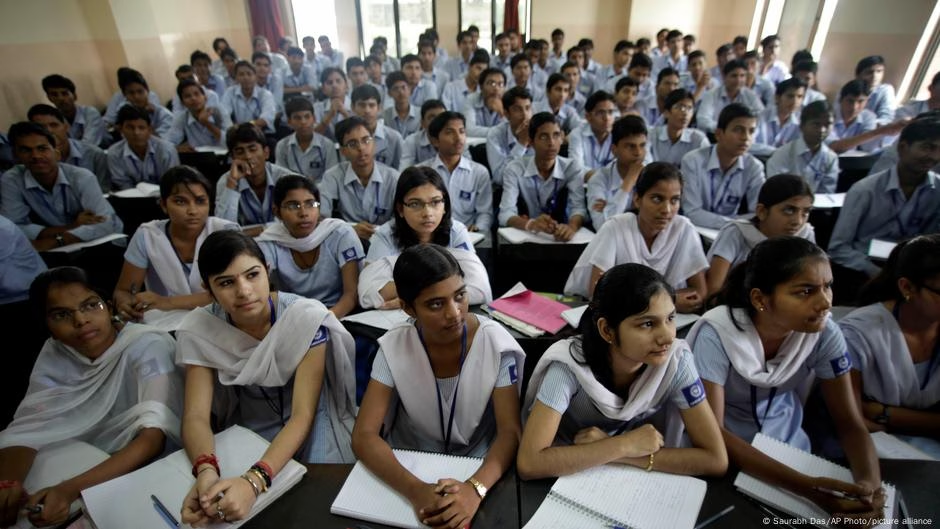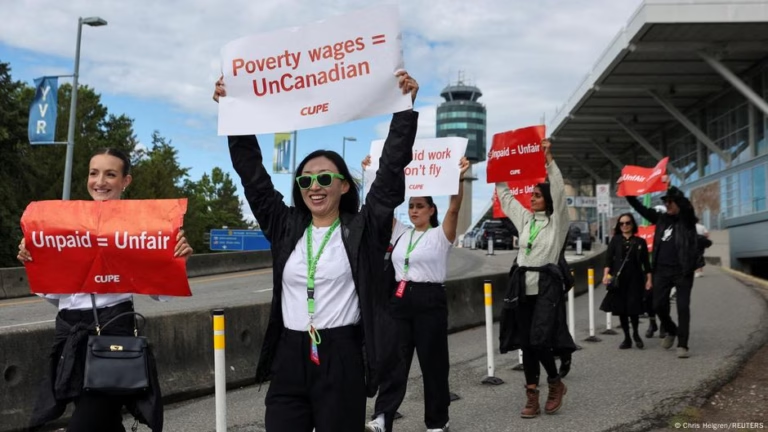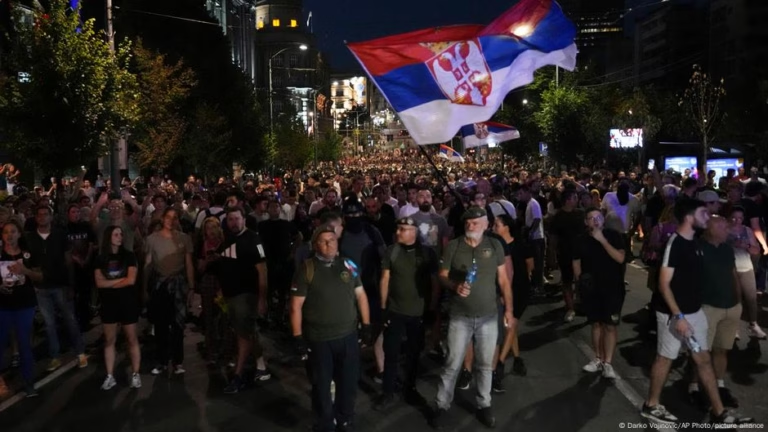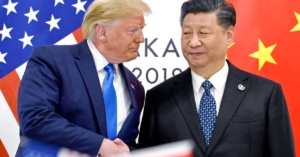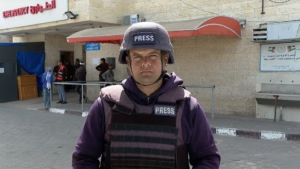When Amit (pseudonym) was admitted to the prestigious Indian Institute of Technology Delhi (IIT Delhi), he felt a surge of excitement. Eager to learn at such a renowned institution and the opportunities it granted, he expressed his enthusiasm to DW. Known for their rigorous entrance exams and lucrative job offers post-graduation, the Indian Institutes of Technology (IITs) are among India’s most sought-after educational institutions. Operating as a network of 23 universities, they excel in research, science, and technology studies, with an incredibly competitive acceptance rate ranging from 0.5% to 2.5% across all institutes.
However, the reality of campus life was harsher than Amit had anticipated. He was not prepared for the entrenched caste-based prejudice he encountered. Struggling both physically, with significant weight loss, and emotionally, feeling out of place, Amit decided to persevere despite the challenges. He found that after his caste background became known, his treatment by classmates shifted. Referring to the affirmative action policies designed to uplift historically disadvantaged communities within India’s caste hierarchy, Amit highlighted how these policies sometimes led to differential treatment from his peers. Caste determines one’s social status in many South Asian societies, with those from “lower” castes often facing systemic prejudice.
Amit’s account is emblematic of a broader issue. A 2019-20 study from IIT Delhi—the most recent available—revealed that 75% of students from historically disadvantaged caste groups experienced caste-based harassment. Conversely, about 59% of students from the “General Category,” which encompasses individuals from historically privileged castes, either agreed with these remarks or were indifferent to them. Indian educational institutions, funded by the government, allocate a percentage of seats for underrepresented groups as part of affirmative action measures. Despite this, many from upper castes and the general category argue that these measures undermine meritocracy.
Surinder S. Jodhka, a professor of sociology at Jawaharlal Nehru University, stated that IITs were traditionally the domain of upper-caste, middle-class individuals who have often viewed these institutions as their preserve. He pointed out that the achievement of students from underprivileged groups is often perceived as undeserved due to reservations, while students from general categories view their success as a merit-based accomplishment. This perception has become institutionalized, affecting admissions and job recruitment processes.
Caste-based segregation is evident not only in the treatment by peers but also in campus facilities and social spaces. A student at IIT Bombay anonymously shared that restaurants and coffee shops on campus were beyond the financial reach of many from reserved categories, exacerbating the segregation. The tragic case of Darshan Solanki, an 18-year-old first-year student who committed suicide in 2023, underscores these issues. His death was reportedly linked to caste-based harassment, though the university’s investigation found no conclusive evidence. Many students feel that such incidents are glossed over, attributing them to academic pressures rather than addressing the underlying issues that contribute to these students’ distress.
N Sukumar, a professor of political science at Delhi University, highlighted the administration’s approach to dealing with suicides on campus, emphasizing efforts to placate families and suppress any form of student unrest. Despite the establishment of Scheduled Caste/Scheduled Tribe (SC/ST) cells in several IITs aimed at combating caste-based disrimination and ensuring the implementation of reservation policies, the issue remains. Data from a right to information request filed by the Ambedkar Periyar Phule Study Circle (APPSC), a student advocacy group, revealed that as of 2023, several departments at IIT Delhi and IIT Bombay lacked faculty members from reserved categories. IIT Bombay’s director, Shireesh Kedare, defended this by stating that the institute prioritizes hiring based on merit, even if it means candidates apply through the general category.
However, Sukumar emphasized the need for change at higher levels of administration and a more proactive stance on addressing caste issues within the SC/ST cells, advocating for a faculty that reflects the diversity of its students.
Source: https://www.dw.com/en/why-india-s-top-tech-universities-can-t-shake-off-caste-bias/a-72116876?maca=en-rss-en-all-1573-rdf


